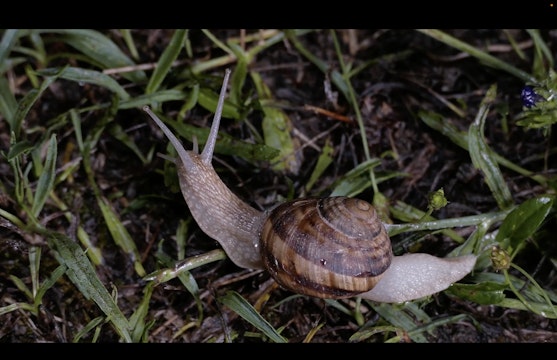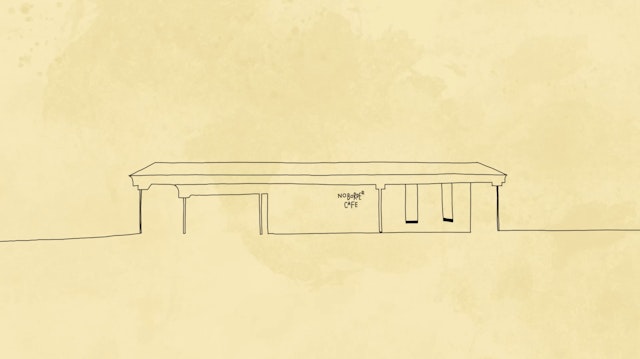Becoming-With the Others
«We are all compost» (Donna Haraway)
«We are all compost» (Donna Haraway)
When we decided to work on the subject of gardens, the initial curiosity was very quickly followed by disgust. We (city-based artists) listened to swarming, wormy entities, insects, critters - things - which we (human beings) are used to ignoring, running away from, or worse, exterminating.
Yes, some beings seem repugnant to our senses, too different from us. Or at least we’ve learned not to like them, not to acknowledge them as mattering.
How to change this attitude? What would allow this acknowledgment? What would this acknowledgment allow?
How can we go from repulsion to attraction?
Would our burial practices change?
Can these questions be applied to our relationship to other human beings?
How much time do we need to change our gaze and our practice towards others?
“Can I get a Witness or does the world need to be destroyed first?” (Mayfield Brooks)
The ecofeminist philosopher Donna Haraway reclaims the sense of the word homo as belonging to humus (the dark organic matter in soil that is formed by the decomposition of plant and animal matter). Humans are Earthlings - they belong to the Earth, the soil, the land. She advocates for a non-upright version of humanity - not one that transforms the world but is just stuck to it, interested, attentive and humble. Bowing and grateful rather than straight-backed and star-gazing. Donna Haraway gives us a term to help us feel concerned: Compost-Humanism. Instead of wanting to cut ourselves from other species, to protect ourselves from them - instead of believing that we are superior to them (what is called human exceptionalism) - we must ask ourselves whether we are we ready to understand that we are animals, that we are part of the alimentary chain, that we are food, that we are compost for others, that we are not individuals separated from the rest of the world?
Our body, if not burned, will decompose. Accepting this requires some cognitive effort. Grieving oneself, our familiar image, our reassuring shape, our control, our property... all of this is necessary for the imagination and for taking care of our own compost, our own death and transformation. We have an ecological responsibility to do so.
As a step towards this mind shift from human and individual to animal and composite (and as matter and food for others), we chose to take time to lay down in a garden, resting, closing our eyes and feeling our weight. This moment is an act of humility and generosity. Refusing to choose between activity and passivity, we experience how precarious, vulnerable and multiple we are, moved by a thousand things, becoming with the others.
Chloé guides this score by reading their Decomposition Manifesto, written in 2019.




